she/her. adult. lots of spn and some personal stuff. "i was not prepared to factor the supernatural into my worldview". @lost-inanotherlife is my sideblog
Last active 60 minutes ago
Don't wanna be here? Send us removal request.
Text

Jennifer Finch - L7
120 notes
·
View notes
Text
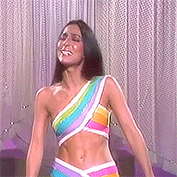
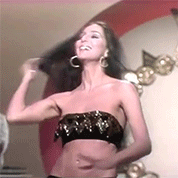
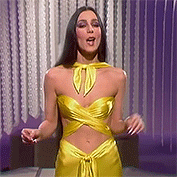
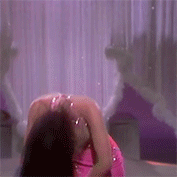
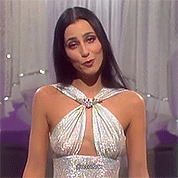
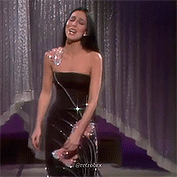
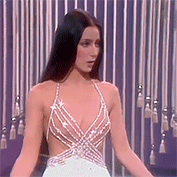
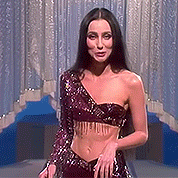
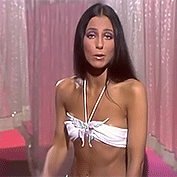
23K notes
·
View notes
Text
is there love, on this website, for people writing non-fiction? asking for me.
2 notes
·
View notes
Text
cackling because I just saw a tiktok talking about hannibal, the cattle prod and the masons and one person replied with a "OMG I thought this show was JUST about cannibalism".
realest comment ever. to this day knowing that hannibal actually aired on tv is still so wild.
52 notes
·
View notes
Text
no feelings just will graham saying "no no no i'm not abused" while hannibal tells him that he's dissociating as a survival mechanism for a psyche that has endured repeated abuse.
#lines that kill#hugh dancy was something else in hannibal and should have received more appreciation and recognition for it#hannibal nbc#will graham#hannigram#murder husbands#trou normand#cw: abuse mention
147 notes
·
View notes
Text
ah. okay. i see now. hannibal nbc really has ruined interview with the vampire (book) for me because what they did on hannibal is for the ages. like, obvi thank u writers blah blah blah but what hugh dancy and mads mikkelsen did is. like. so unique. my imagination has been contaminated and i'll forever compare every ultra fucked-up couple dynamic to them playing will and hannibal. sorry but mizumono changed my brain chemistry and now i can't enjoy things anymore :/
#next im finally gonna read thomas harris' first novel so i can destroy my imagination skills even further#jack crawford is lawrence fishburne and no one else ever in my mind and you also have to imagine him the same way#i dont care about canon#books#currently reading
0 notes
Text

Pier Paolo Pasolini and Maria Callas (1969)
Italian postcard by Cineteca di Bologna. Photo: Mario Tursi. Maria Callas and Pier Paolo Pasolini during the shooting of Pasolini's Medea (1969).
947 notes
·
View notes
Text
sorry sam stans anyway i do think the concept of john like hovering over sam's childhood bed with a gun thinking about killing him is overblown. specifically it seems clear that john just didn't know that much about demons and the yellow eyed demon and how they worked because he was a bad hunter. like he probably didn't know about demon blood, my impression was always that the reason john said to save sam or kill him to dean at the end of s1 was because of the visions and psychic powers, which john didn't know about until nearly the end of s1. sam was abused by john, of course he was, they both were, but it was most likely in only the most mundane and boring of ways: sam and dean were physically and emotionally neglected, forced to participate in violence from a young age, kept under strict control, given harsh and vicious punishments, and subject to the capricious whims of an angry, grieving alcoholic who lived and breathed violence and must have managed to bring it home at some point. obviously there were some differences in their upbringings: dean was given a little more freedom but also an unreasonable degree of responsibility while sam wasn't expected to do as much but was kept under stricter control. but overall if there was a difference between how john treated his sons, it was that he treated dean as a tool to be used and sam as a potential victim to be protected. but even then the boundaries of these categories are porous: dean was frequently protected and seen as a potential victim and controlled ("dad let you go on a hunting trip by yourself?" "i'm twenty-six, dude"), while sam was often used as a tool and given too much responsibility (lest we forget, he too was helped with hunting at least as a teen. he went on his first hunt at what, twelve? that's shockingly young, and we only don't think of it that way because dean was younger). like the brothers just weren't treated that differently i don't think, certainly not until they were old enough to start really thinking for themselves and forging their relationship with their father on something closer to their own terms.
#yes to “bad hunter” john! although. to be fair. it's more of a result of the faulty premise of the series than. like. probably the truth#bc in s1 we're asked to believe these dudes have been hunting all their lives and yet they still don't really know a lot#a paradox that comes from the motw structure where they need to do all the exposition abt monters etc#but i nevertheless don't like the good hunter john retcons. see: he knew abt the knights of hell.really?seems weird#also yes to sam-jack parallels working and not-working!#they work for obvious reasons but they don't work bc jack's only treated as an extended motw story#so there's the usual projection/identification going on but zero attempts at knowing jack#sam and dean as vessels of archangels story is just not the same as jack's son of an archangel#they're just not the same and it's a shame cause jack's story would've been interesting as hell#spn
471 notes
·
View notes
Text
thinking new thoughts requires such a tremendous amout of work, ergo time, that people thinking pre-packaged stuff seems to be almost inevitable. mind you, it's the system that's at fault and yet we do live in a material world, always running out of time.
#staying informed and reading are unfortunately not enough#you kinda need to teach yourself new ways of thinking over and over again#patterns form so easily it's actually scary sometimes#but balancing all this with an everyday life seems to be stuff of the heroes#and not. like. the modern. boring hero. i'm talking about ancient heroes#it's herculean. it's a repetition against repetition. it's a bit exhausting#until one day. suddenly. your internal view gets 1 degreee broader and you see things you've never seen before#and it's magnificent#anahata#work
0 notes
Text

386 notes
·
View notes
Text
I know my 0 note posts hit hard af with some of yall. I don’t need any names but yw
5K notes
·
View notes
Text
life is worth living because there's monoi. thank u tiaré flowers, thank u tahiti, thank u coconout oil. nothing makes me feel as happy as monoi oil on my skin and hair. it really is a balm for the soul ❤
1 note
·
View note
Text


disappearing man // hayley williams
770 notes
·
View notes


